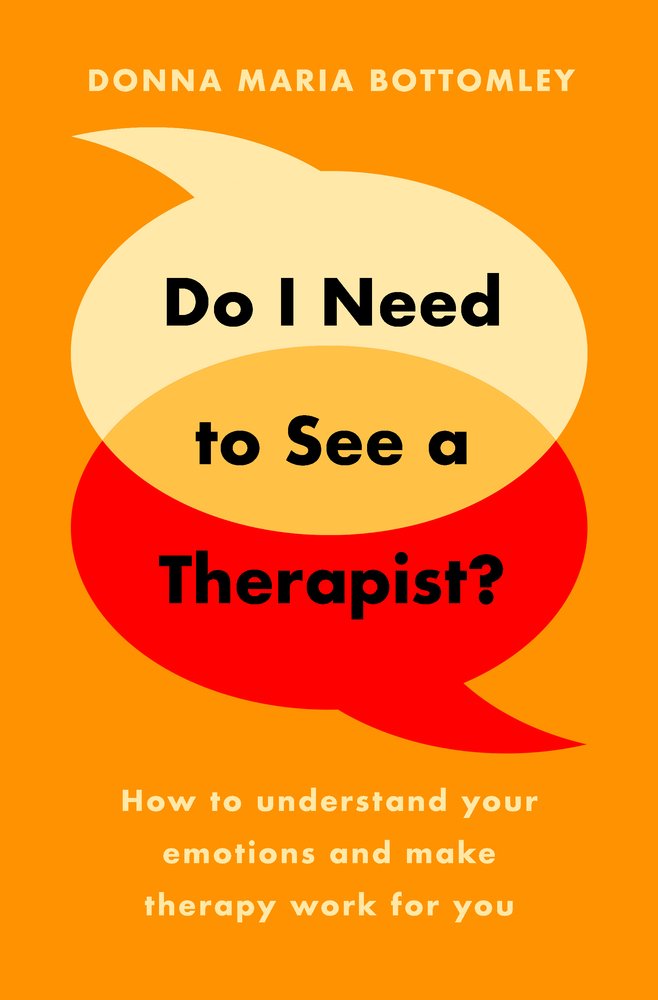Do I Need to See a Therapist?
How to Understand Your Emotions and Make Therapy Work for You

Why are we wary of seeing a therapist? Could the fear of getting upset be part of the reason? While society as a whole is becoming increasingly conscious of mental health, and the social consequences of the global Covid-19 pandemic has made the issue ever more salient, the idea of asking for professional help has largely remained taboo. The fear of being thought mad, weak or helpless, and the prospect of having to revisit personal trauma, have stopped many people from seeking out a therapist.
In this empathetic and practical guide, drawing on some of the latest studies in the field, psychotherapist Donna Maria Bottomley examines these anxieties and argues that therapy should be just as acceptable as going to the doctor for a checkup or booking your car into the garage, and needn’t be our last resort.
The book provides a framework through which we can plot what is upsetting us, and lays out what to expect from therapy and how to make it work for us. The many pathways towards finding help, whether in a traditional practice setting or via alternate routes made possible by modern technology are also discussed, alongside a tool to help you choose between the many therapies on offer.
Do I Need to See a Therapist? provides insight into how we can acknowledge and overcome the dual-fear of not only what we think it means about us if we see a therapist, but the fear of our own emotions themselves.

Donna Maria Bottomley is a psychotherapist who specializes in trauma-informed practice. She has been a therapist for over 19 years and has worked in the NHS, in schools, and in forensic mental health settings, and currently runs her own private practice, DMB Therapy. She has a passion for writing in many different forms and has been training in various creative writing methods since 2003. She has had two songs and several poems published and previously performed under the artist name Ortense Blue. Her personal as well as professional experience of neurodiversity and mental health has informed her therapy practice and she now offers therapeutic writing as well as sound and body-based approaches in her work. She lives in Mid-Wales on a smallholding with her husband and daughter and divides her time between writing, research and her practice.
